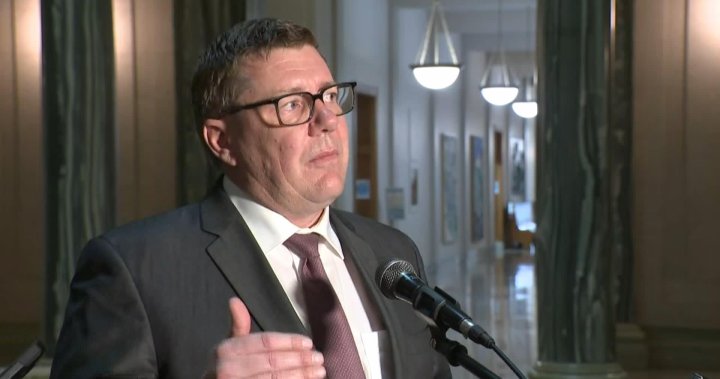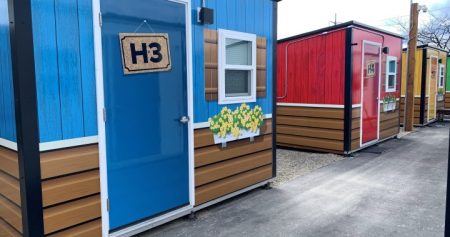Saskatchewan Premier Scott Moe expressed concern over the federal budget’s projected $39.8 billion deficit for 2024-25, stating that it is more than the province can handle. He criticized the government for not meeting their requests for more funding for municipal infrastructure and the removal of the carbon price. Moe suggested reallocating money from housing funding to support municipal infrastructure projects, highlighting the importance of essential services like water and sewer systems for new developments.
The 2024 federal budget, primarily focused on housing programs, includes $57 billion in new spending. Finance Minister and Deputy Prime Minister Chrystia Freeland emphasized the government’s commitment to building 3.87 million new homes by 2031, with measures and funding to accelerate the pace of construction. Saskatoon Mayor Charlie Clark welcomed the $6 billion housing and infrastructure program allocated for the city, noting that it will support the development of high-density housing along main corridors and address the need for affordable housing.
Clark expressed concerns about the conditions attached to the funding, including agreements required between the province and federal government to access the funds. He also suggested that some of the money should be directed towards recreational facilities and other buildings in downtown Saskatoon to aid in revitalization efforts. While there were no funds allocated for these specific purposes, Clark appreciated the funding for addressing homelessness and supporting programs at the University of Saskatchewan.
In a positive note, Moe acknowledged that the budget does have some beneficial aspects, such as the return of five years’ worth of carbon taxation dollars paid by small businesses. This Canada Carbon Rebate for Small Businesses plan involves over $2.5 billion collected through the federal fuel charge in provinces where the carbon price applies, including Saskatchewan. Moe highlighted the importance of wise spending and increased investments in communities to grow the economy and tax base as a strategy to address the significant deficit.
Overall, the federal budget for 2024 was met with mixed reactions in Saskatchewan. While there were concerns raised about the size of the projected deficit and requests not being fully met, there were also positive responses to initiatives such as the housing and infrastructure program. The focus on supporting housing construction and addressing homelessness was seen as a step in the right direction, although some felt that additional funding for other community projects, like recreational facilities, would further benefit local areas. Moving forward, there is a call for careful spending and strategic investments to stimulate economic growth and reduce the deficit.















